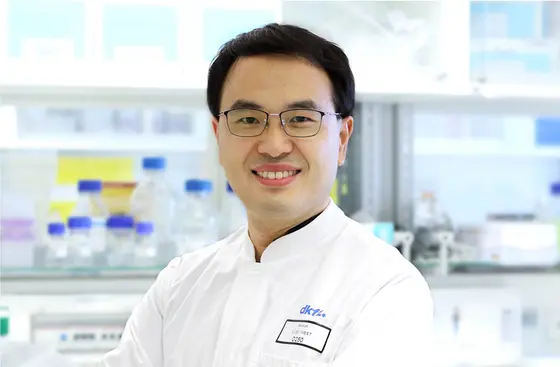The funding provided by the European Research Council (ERC) is regarded as an accolade for scientists at all career stages. With its ERC Starting Grants, the European Research Council (ERC) supports talented young scientists. The funds of 1.5 million euros for up to five years are intended to support the establishment of an own research group at a recognized research institution in the EU.
Scientists are working intensively on the development of cellular cancer immunotherapies. For this form of therapy, they take immune cells, mostly T cells, from cancer patients, modify them in the culture dish, and then inject them back into the patients' bloodstream. But despite some success stories, for example in certain forms of blood cancer, these therapies often fall short of expectations.
Evidence has shown that one major reason for the often disappointing efficacy of this treatment is that the therapeutic T cells are unable to infiltrate the solid tumor. With the help of the ERC grant, Chong Sun now wants to elucidate the reasons for this failure. On the one hand, the researcher is focusing on the tumor microenvironment, more specifically the special messenger substances, called chemokines, produced by the cells in the tumor. How cancer hijacks their production? And how to modulate the chemokine production to “attract“ or “repel“ the migration of immune cells into the tumor?
On the other hand, Chong is putting T cells themselves to the test: Are there built-in mechanisms in T cells that promote and facilitate migration into a tumor? Finally, he wants to find out whether factors that promote or impede T-cell infiltration can be influenced by drugs or gene editing. His goal is to potentially improve the efficacy of T-cell immunotherapies in this way.
Chong Sun first began his studies in biotechnology in 2003 at Nanjing University of Science and Technology, China, and graduated with a master's degree in pharmaceutical science from Utrecht University, Netherlands, in 2010. He then conducted research as a PhD student and later as a postdoctoral fellow at the Netherland Cancer Institute until 2019. Since November 2019, Chong Sun has been leading the Immune Regulation in Cancer junior research group at the German Cancer Research Center.



